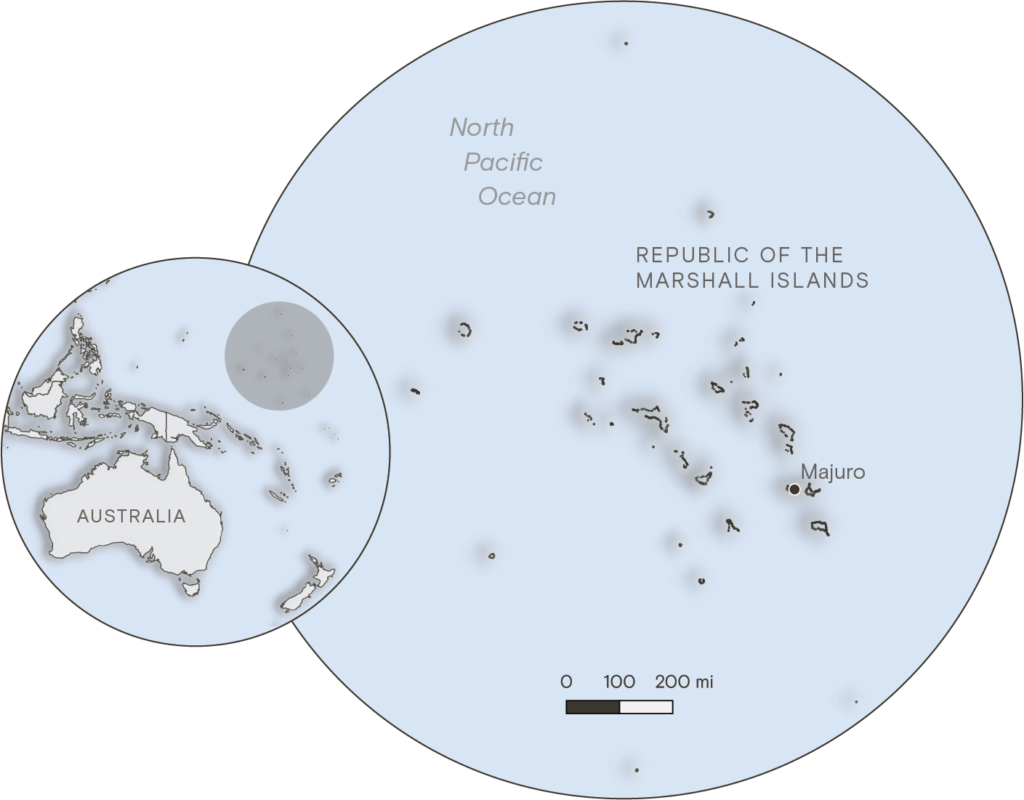For decades, fossil fuel corporations and others with a stake in a continued fossil fuel economy have worked to sow doubt about the reality of climate change and the feasibility of addressing it. This disinformation campaign has had an effect.
“People around the world believe in climate change and want to act sustainably, but disinformation still affects their beliefs in climate change, their ability to discriminate true and false information about climate change, and their pro-environmental behavior,” says Tobia Spampatti, a graduate student at the University of Geneva in Switzerland who is studying how to use psychology and neuroscience to promote climate action.
Spampatti and his colleagues have developed six psychological interventions to combat climate disinformation. Past research has suggested that pre-emptively providing warnings about disinformation and counterarguments against it could serve as a psychological ‘vaccine,’ inoculating people to better resist denialists’ messages.
The new interventions, which Spampatti and his colleagues describe in the journal Nature Human Behaviour, are based on current research about how people develop and update their understanding of scientific information. The researchers devised messages emphasizing:
- The strong scientific consensus about the reality of human-caused climate change;
- The trustworthiness of scientists who prepare international climate reports and suggest strategies to fight climate change;
- Transparency about the pros and cons of climate actions;
- The strong moral case for climate action;
- The importance of carefully judging the accuracy of online information; and
- The positive emotions that come from climate action.
The researchers tested the effectiveness of these interventions in an online study involving 6,816 participants from 12 countries around the world. The 12 countries had a diversity of cultural and economic characteristics, although all had English as an official or prominent language.
After each disinformation message, the researchers asked participants to rate how they felt about taking actions to stop climate change.
“We expected the psychological inoculation we tested to protect people from climate disinformation, because they had been identified as a promising strategy to fight disinformation,” Spampatti says. “Unfortunately, we noted that these inoculations protect only against one piece of disinformation, but not more.” A more sustained effect would be necessary to protect against disinformation in the real world, where climate denial is plentiful.
At the end of the study, after all of the disinformation messages, the researchers also assessed participants’ climate change beliefs, ability to distinguish between true and false climate information, and willingness to undertake climate-friendly behaviors.
Exposure to disinformation eroded all three of these aspects, the researchers found, and the interventions offered little protection—underlining just how powerful climate disinformation is. Only the intervention that asked participants to think carefully about the accuracy of online information yielded a slight advantage in enabling people to distinguish true from false climate statements.
But the researchers haven’t lost hope in the psychological ‘vaccine’ strategy yet. “We think that the inoculations will be more effect[ive] when 1) delivered by credible sources (be them scientists, journalists, or community leaders) and 2) when presented in a more engaging format (e.g., videos or online games),” Spampatti says. “We are currently developing new evidence-based interventions to test in a similar manner, to continue this important fight.”
Source: Spampatti T. et al. “Psychological inoculation strategies to fight climate disinformation across 12 countries.” Nature Human Behaviour 2023.
Image: ©Anthropocene Magazine.
Read the full post at .





